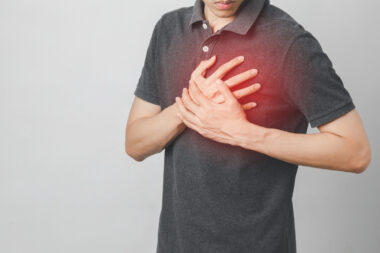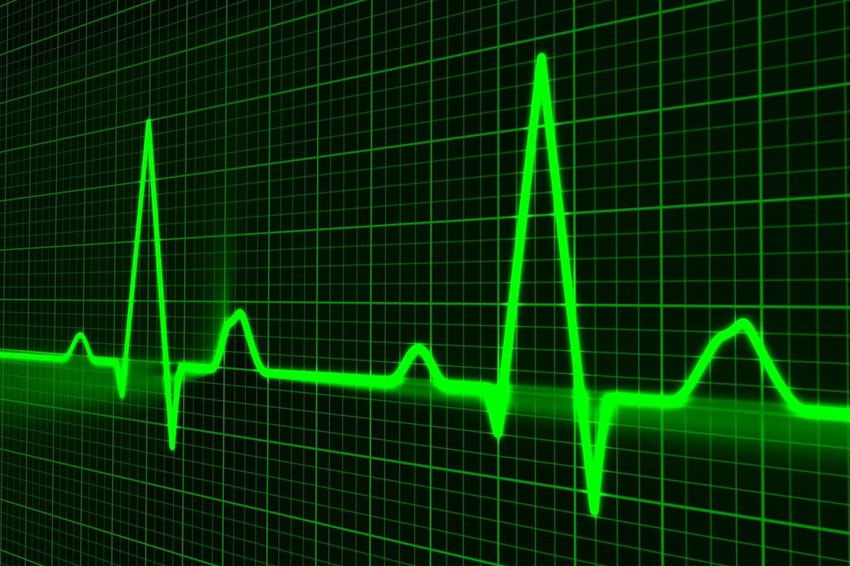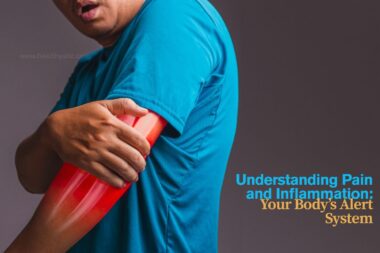It is great to have older people around, especially if you have young children. They enjoy bedtime stories with their grandparents, and you benefit from their worldly wisdom.
However, caring for the elderly at home comes with a huge responsibility. Since health deteriorates with age, medical emergencies become more and more likely.
Fall-related injuries, heart problems, abdominal concerns, and even something as simple as influenza can create medical emergencies for senior citizens.
Whether you’re their family or personal caregiver, you need to be well-prepared for any medical emergency at home. Immediate intervention is crucial, and even a few minutes delay can be costly.
Here are five ways of dealing with a medical emergency at home with an elderly patient.
Keep a list of emergency contacts
The first thing you need to do is make a list of all people to inform in a medical emergency.
Though the list varies from person to person, it should include important family members, relatives, emergency helpline numbers, numbers of ambulance centers, poison control centers, and any specialist the person is seeing.
While it may seem okay to skip making such a list if you have the contacts in your phone, do not rely on that as your sole source of information.
What if your phone’s battery is dead? Keep a list of handwritten numbers to make necessary calls even if your phone isn’t working.
If an elderly you’re looking after suffers from mental illness or substance abuse, you should also include the contact information of any specialist they’re seeing.
And, if they are registered in a facility offering a partial hospitalization program, include their contact information in the list as well.
Prepare a first aid kit
Make sure your emergency first aid kit is tailored to the medical needs of your family. Stock the kit with the medicines that the elderly regularly take since most senior citizens take several prescription drugs for their heart condition, blood pressure, glucose levels, etc.
If there’s a medical emergency, this stock of medicines will be crucial. Also, remember to check the first aid kit regularly and restock if anything runs out.
Check the expiry dates and dispose of unnecessary items. When your first aid kit is prepared, keep it in a place that is easily accessible but out of reach for children.
Prepare a “Go” Bag
During a medical emergency, you may have to take the elderly patient to a healthcare facility immediately. In this situation, you’d have to fuss around to collect necessary items to bring along at the last moment.
Prepare a ‘go’ bag, ideally a suitcase with tires, so it’s easy to carry around. In it, keep at least a 3-day supply of medicines, canned food, bottled water, medical devices, a phone charger, your glasses, or contacts if you use them.
This ‘go’ bag should also have a first aid kit, separate from the one you keep at home, and necessary medical documents.
Know what signs indicate an emergency
The biggest mistake one can make when caring for the elderly is ignoring a medical emergency or treating it lightly.
The American College of Emergency Physicians lists the following warnings that suggest a medical emergency:
- Uncontrollable bleeding
- Breathing difficulty
- Intense abdominal pain
- Persistent vomiting
- Bloody vomit
- Allergic reactions
- Unconsciousness
In addition, head or spine injuries and the intake of poisonous substances are also treated as medical emergencies.
More than just knowing these yourself, you should also educate family members about these signs. Make a list of these warning signs and place it somewhere you can access it quickly during an emergency.
Also read: Cognitive Health Issues in Elderly: Challenges and Solutions
During the emergency: remain calm and make educated decisions
Panicking in an emergency is the worst possible response on your part. Yes, you would feel stressed out, but you must remain calm to take the necessary steps.
Our body responds with a ‘Fight-or-Flight’ syndrome in a frightening situation. This response limits rational thinking and memory by partially shutting down the pre-frontal cortex.
While this can be very problematic during an emergency, you can reduce this response with stress-reduction techniques and by being well-prepared.
The first thing you need to know about responding to an emergency is its ‘ABCs.’ This acronym stands for ‘Airways,’ ‘Breathing,’ and ‘Circulation.’
Ensure that the patient is breathing properly and has open airways. For blocked airways, perform the Heimlich maneuver but only if you have received first-aid training in it.
For irregular breathing or a weak pulse, you may have to perform CPR (cardio-pulmonary resuscitation), which again isn’t recommended without training.
Learn hands-only CPR with chest compressions because timely intervention for breathing problems is crucial.
Also, remember not to move the injured patient, especially when the injury is of the head or spine. Wait for the medical emergency team to arrive.
Final words
It is always best to be prepared for any emergency, especially if you live with elderly family members.
Prepare well and know whom to contact in case of an emergency. You can avoid a great deal of stress by having a well-stocked first-aid kit, an emergency contact list, and knowing what to do.
This article is published by our independent team of health and wellness pundits that publish original and informative content to empower readers to take charge of their health and embark on a physically, mentally, and emotionally balanced lifestyle.





































